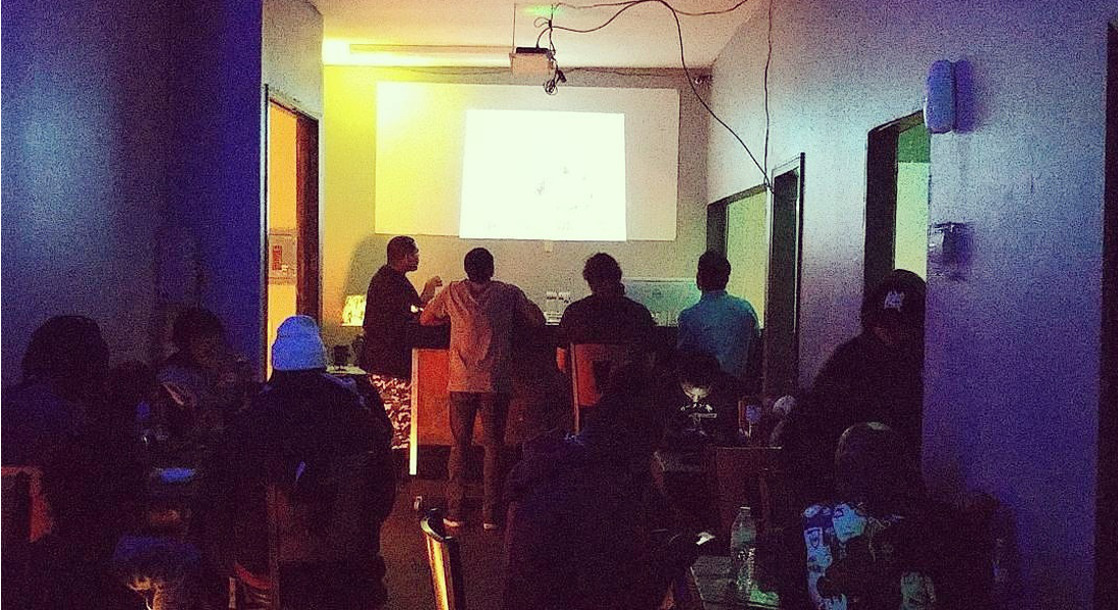Studies have found that a new cannabis oil has been effective in the treatment of a rare kind of epilepsy, the manufacturer of the oil said Monday.
The London-based manufacturer of the oil, GW Pharmaceuticals, is in the process of developing a drug derived from cannabis plants bred to produce high levels of cannabidiol (CBD) and low levels of tetrahydrocannabinol (THC), two compounds found in the cannabis plant. The resulting drug — called Epidiolex — would also be high in CBD and low in THC. Because THC is responsible for the psychoactive effects of cannabis, those taking the substance thus do not experience the “high” commonly associated with imbibing cannabis.
“Between the plant itself and the processing steps which are being taken, the product ends up being pure CBD,” says Justin Gower, the chief executive of GW.
The study undertaken by GW dealt with Lennox Gastaut syndrome, a rare form of epilepsy affecting both American adults and children.
According to GW, 86 patients were given Epidiolex while 85 were given placebos. In the end, those who took Epidiolex found their seizures reduced by 44%, which was double the level registered by those administered the placebo.
The drug is not without side effects; however, Some patients recorded having sleepiness, vomiting, decreased appetite, and diarrhea. According to GW Pharmaceuticals, most side effects were mild.
The announcement of the study was greeted by members of the medical community.
“From a physician’s perspective, the positive outcome in this trial of Epidiolex in patients with Lennox-Gastaut syndrome is very exciting. Lennox Gastaut syndrome begins in early childhood, is particularly difficult to treat, and the vast majority of patients do not obtain an adequate response from existing therapies,” said Linda Laux, MD, Director of the Comprehensive Epilepsy Center at Ann & Robert H. Lurie Children’s Hospital of Chicago, who was also an investigator in the Epidiolex trails.
“These data show that Epidiolex has the potential to provide a robust and clinically meaningful reduction in seizures in this highly treatment-resistant population together with an acceptable safety and tolerability profile, which is consistent with my previous clinical experience with Epidiolex.”
The Epidiolex study represents the second study into epilepsy undertaken by GW. In March, the company released findings showing Epidiolex to be effective in treating Dravet syndrome, which predominantly affects children. Around 6,000 American children suffer from the illness.











